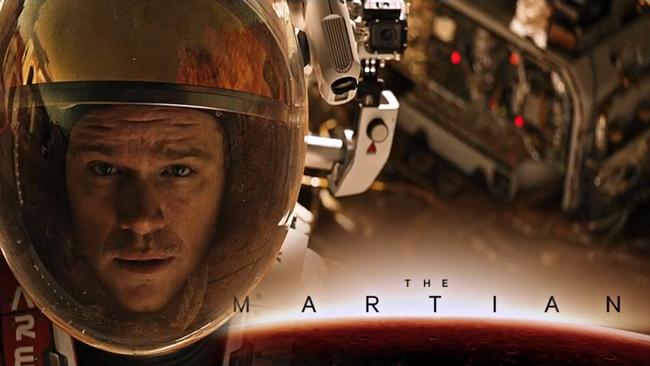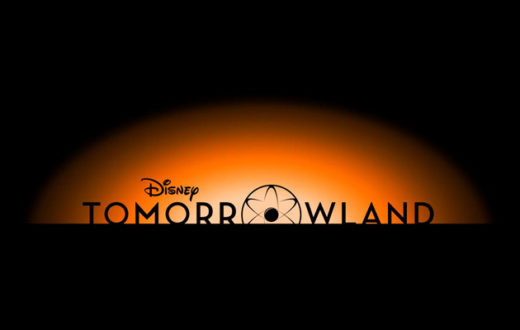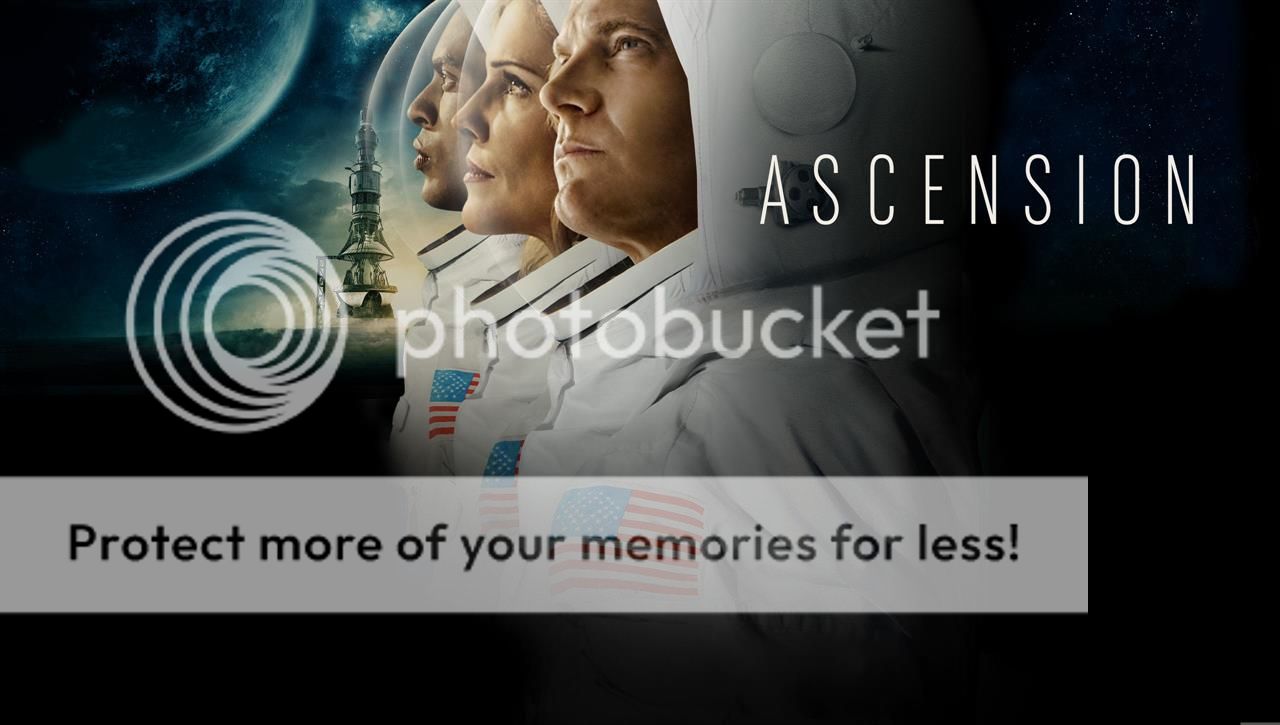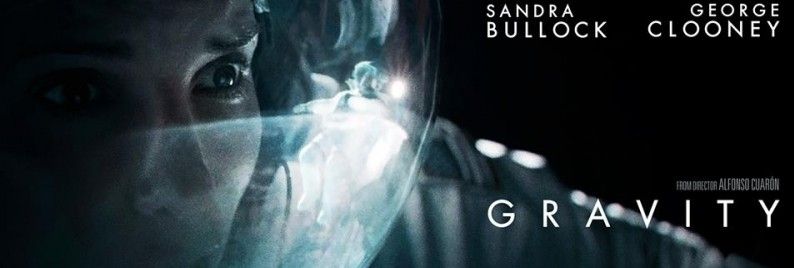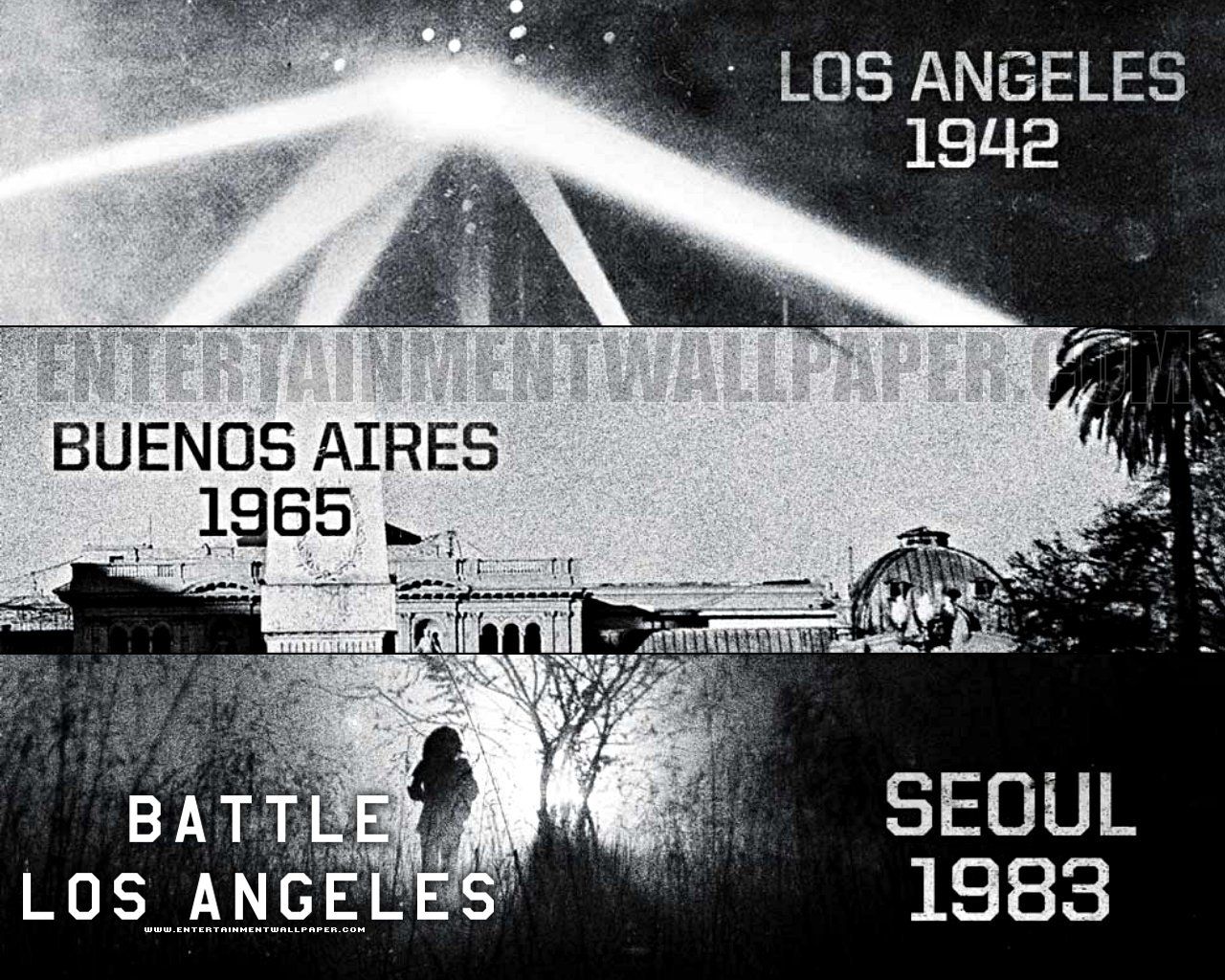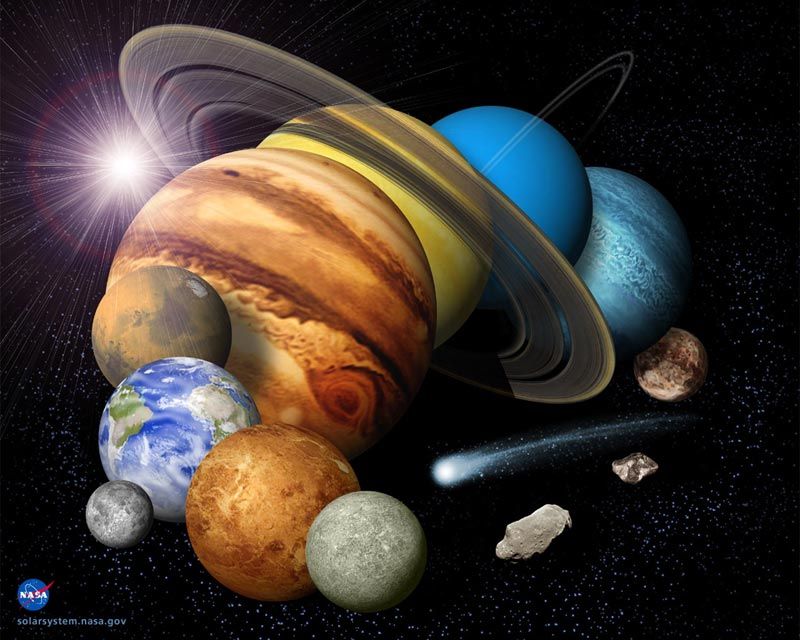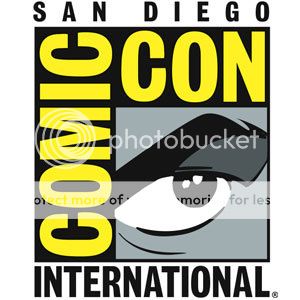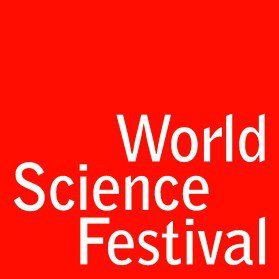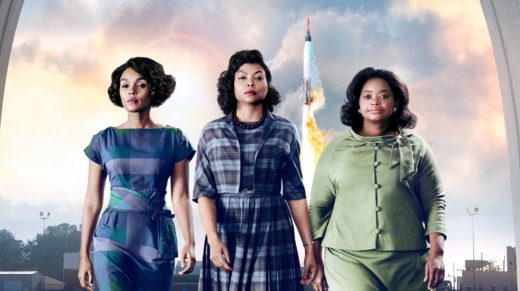
History abounds with examples of unsung science heroes, researchers and visionaries whose tireless efforts led to enormous breakthroughs and advances, often without credit or lasting widespread esteem. This is particularly true for women and minorities, who have historically been under-represented in STEM-related fields. English mathematician Ada Lovelace is broadly considered the first great tech and computing visionary — she pioneered computer programming language and helped construct what is considered the first computing machine (the Babbage Analytical Engine) in the mid-1800s. Physical chemist Dr. Rosalind Franklin performed essential X-ray crystallography work that ultimately revealed the double-helix shape of DNA (Photograph 51 is one of the most important images in the history of science). Her work was shown (without her permission) to rival King’s College biology duo Watson and Crick, who used the indispensable information to elucidate and publish the molecular structure of DNA, for which they would win a Nobel Prize. Dr. Percy Julian, a grandson of slaves and the first African-American chemist ever elected to the National Academy of Sciences, ingeniously pioneered the synthesis of hormones and other medicinal compounds from plants and soybeans. New movie Hidden Figures, based on the exhaustively researched book by Margot Lee Shetterley, tells the story of three such hitherto obscure heroes: Katherine Johnson, Dorothy Vaughn and Mary Jackson, standouts in a cohort of African-American mathematicians that helped NASA launch key missions during the tense 19060s Cold War “space race.” More importantly, Hidden Figures is a significant prototype for purpose-driven popular science communication — a narrative and vehicle for integrated multi-media platforms to encourage STEM diversity and scientific achievement.
Continue reading How “Hidden Figures” Can Help Inspire a STEM Generation
